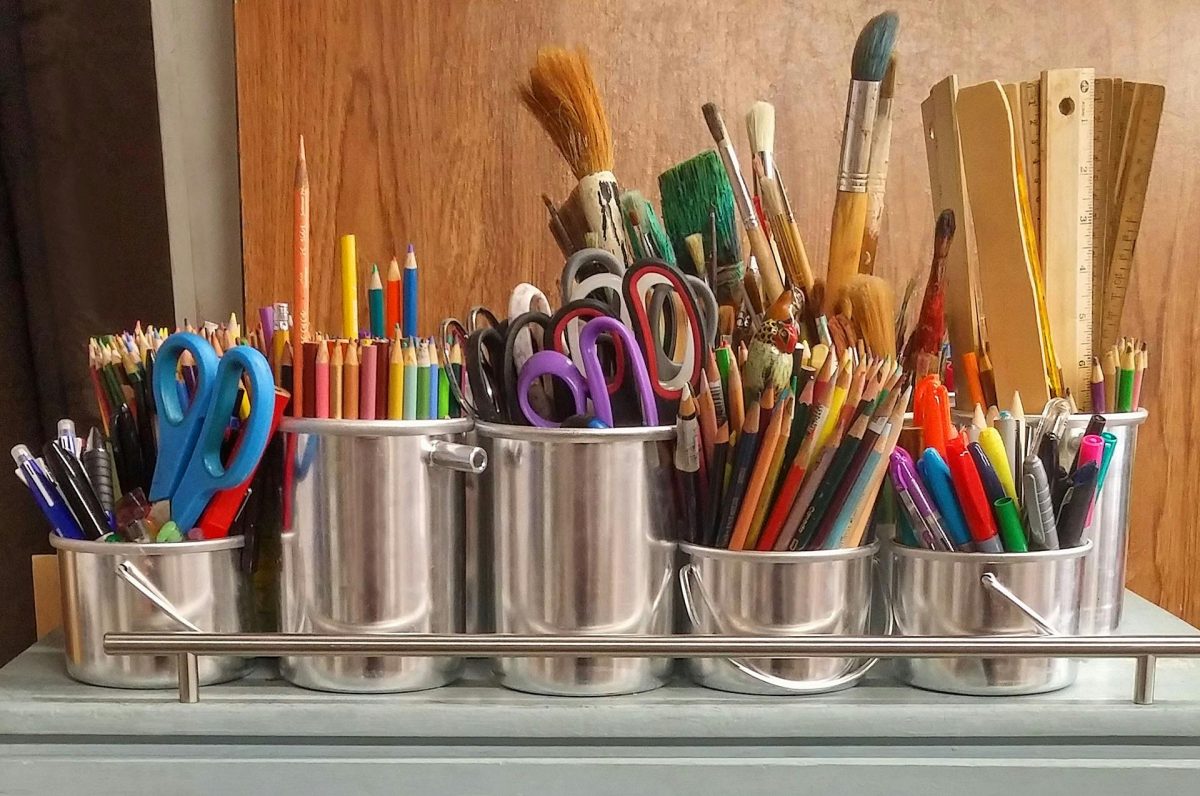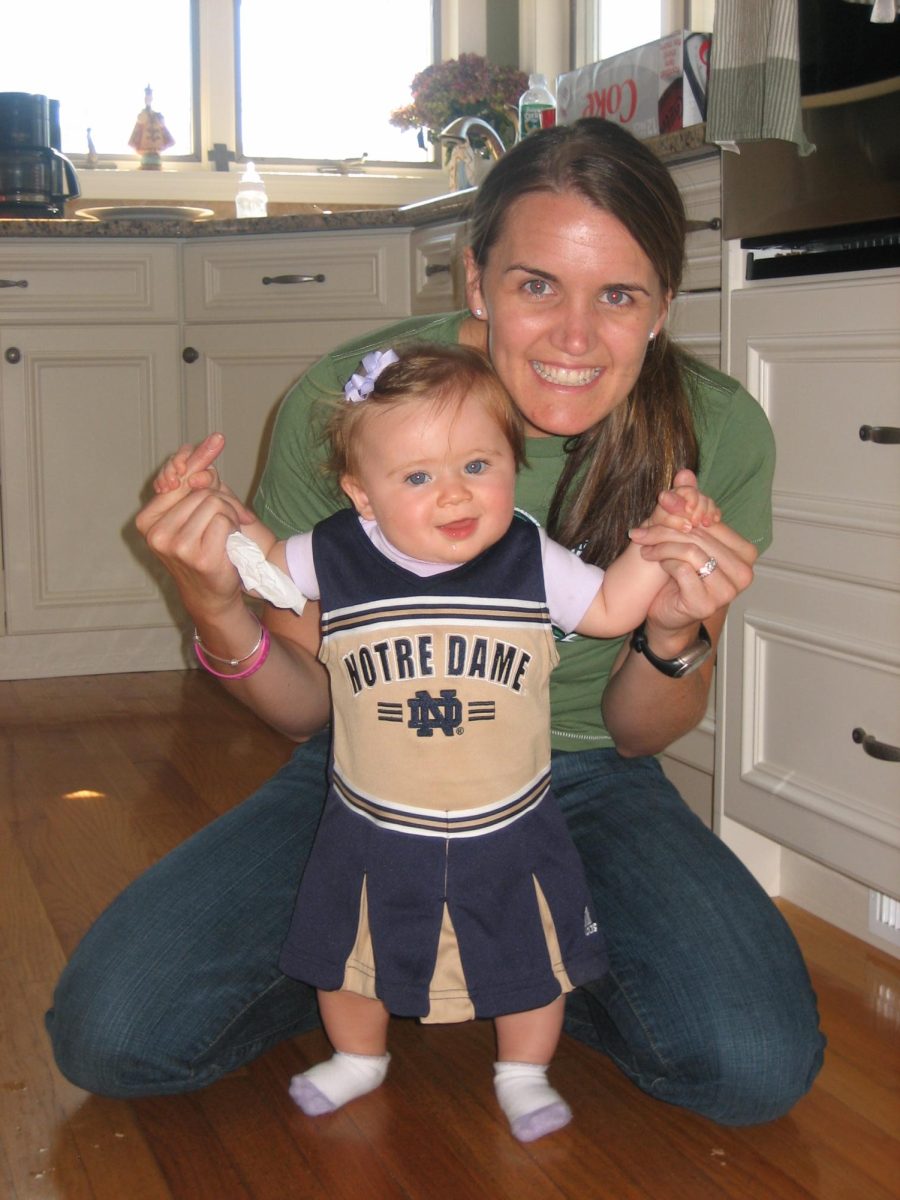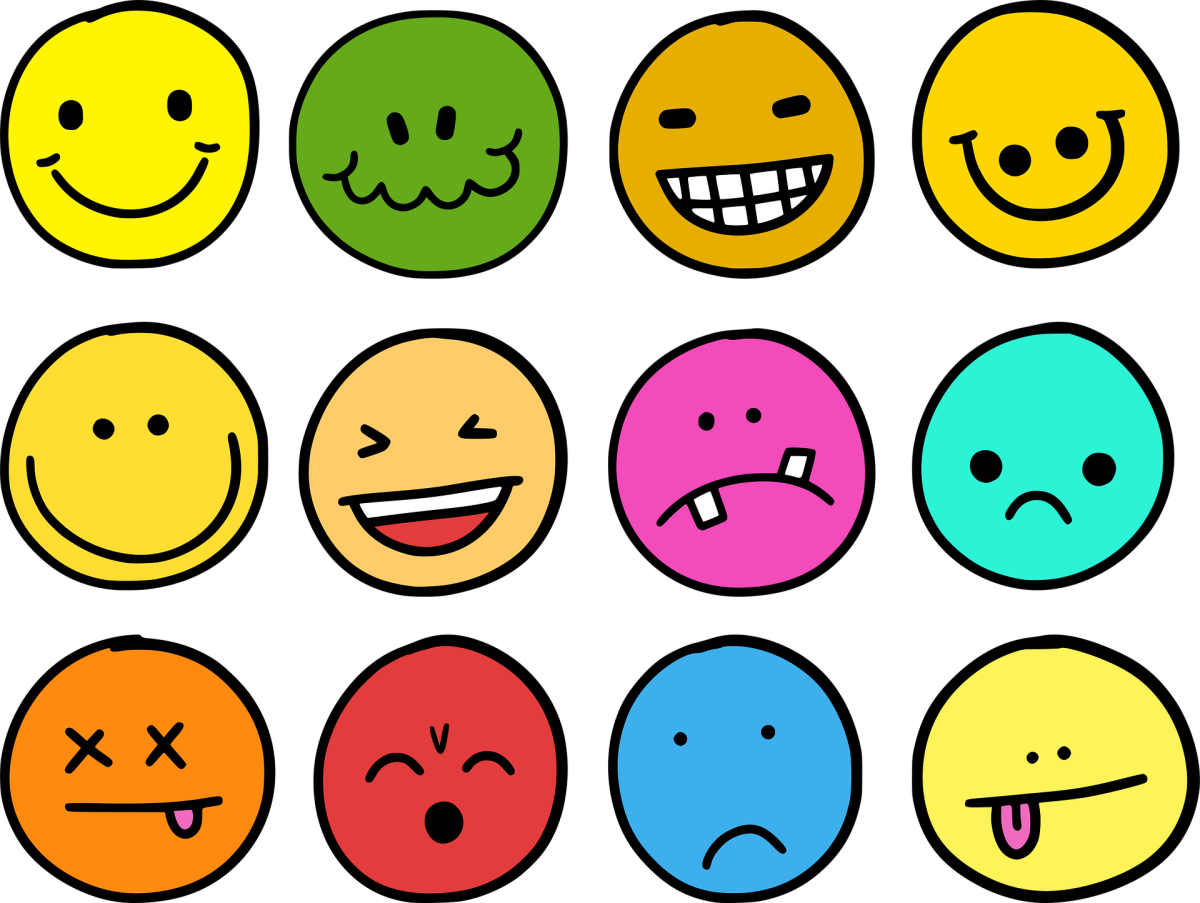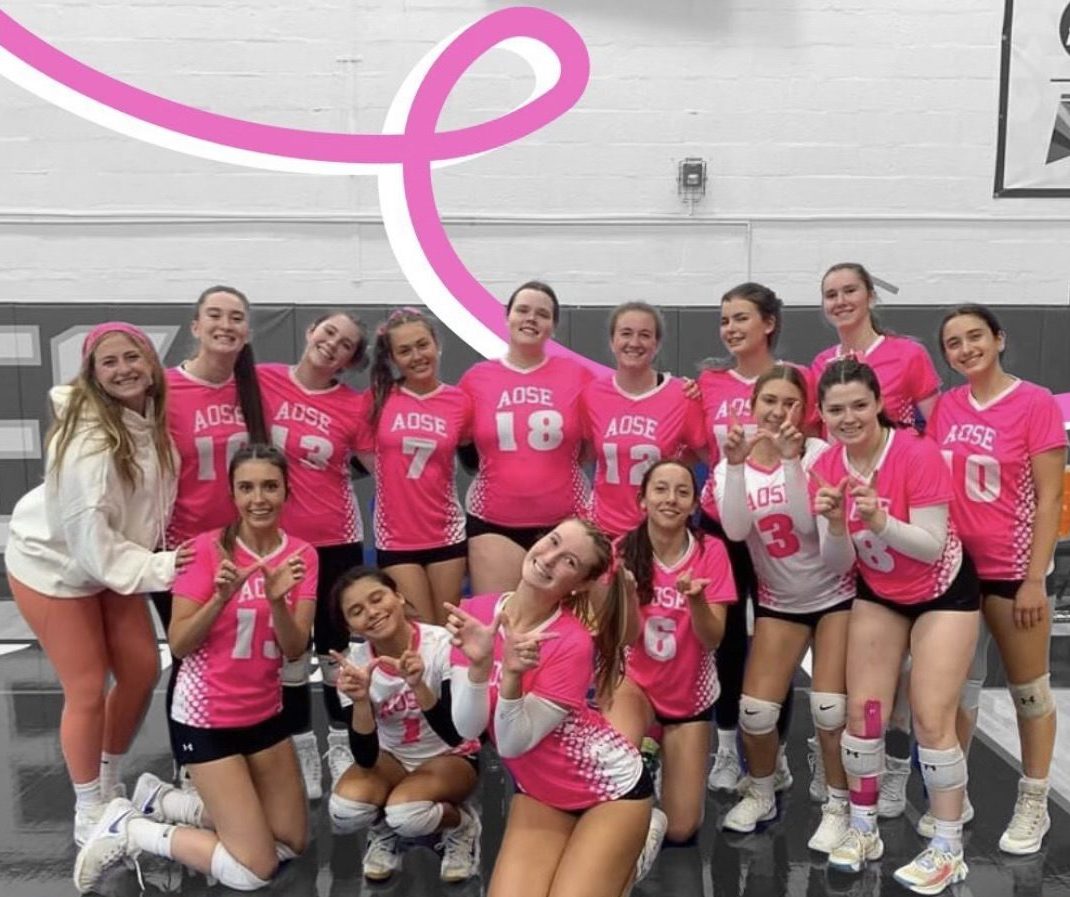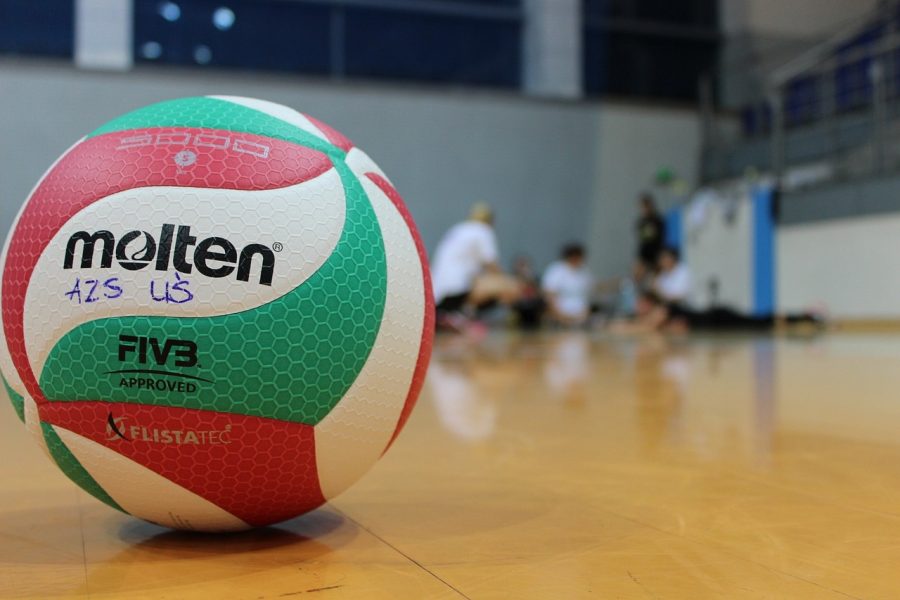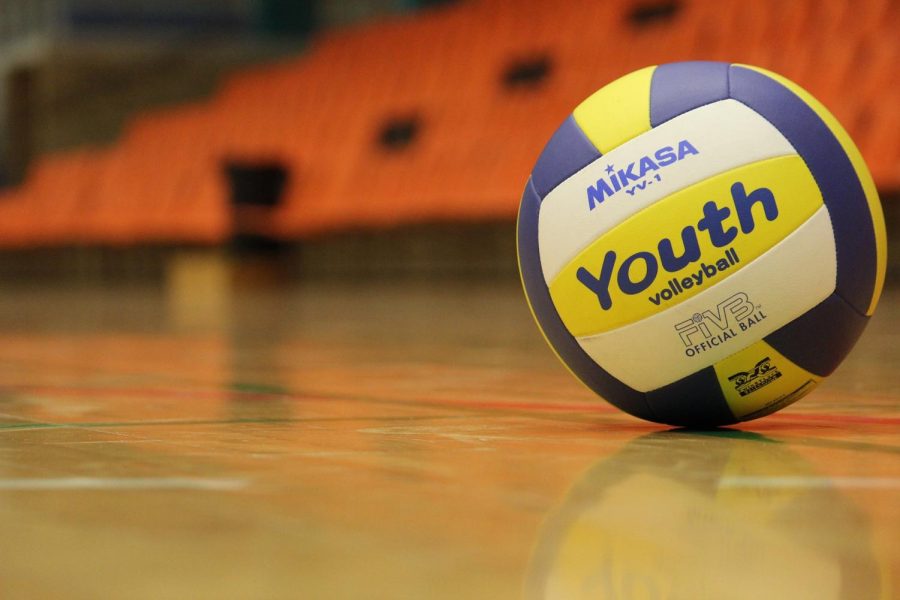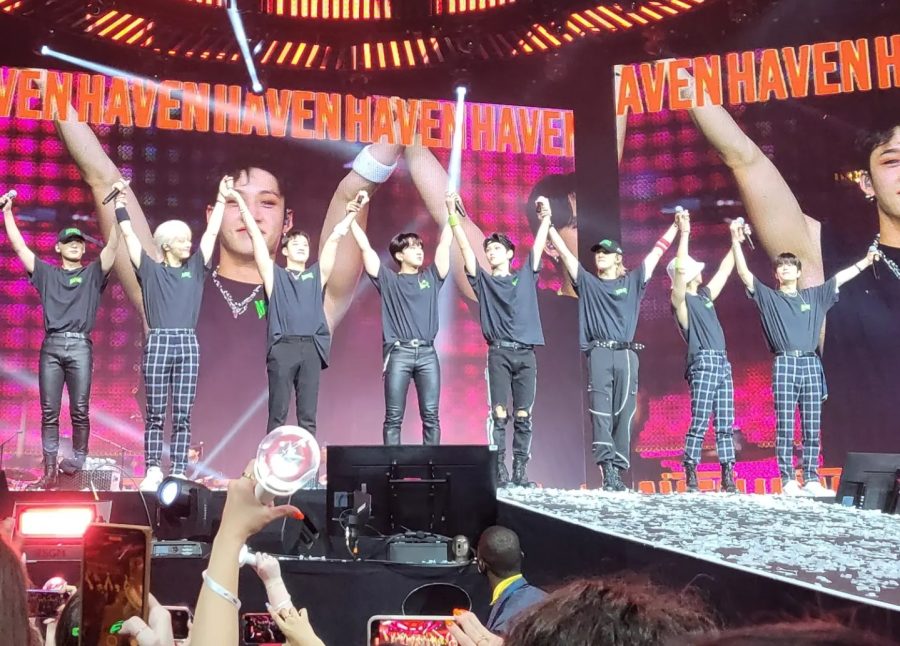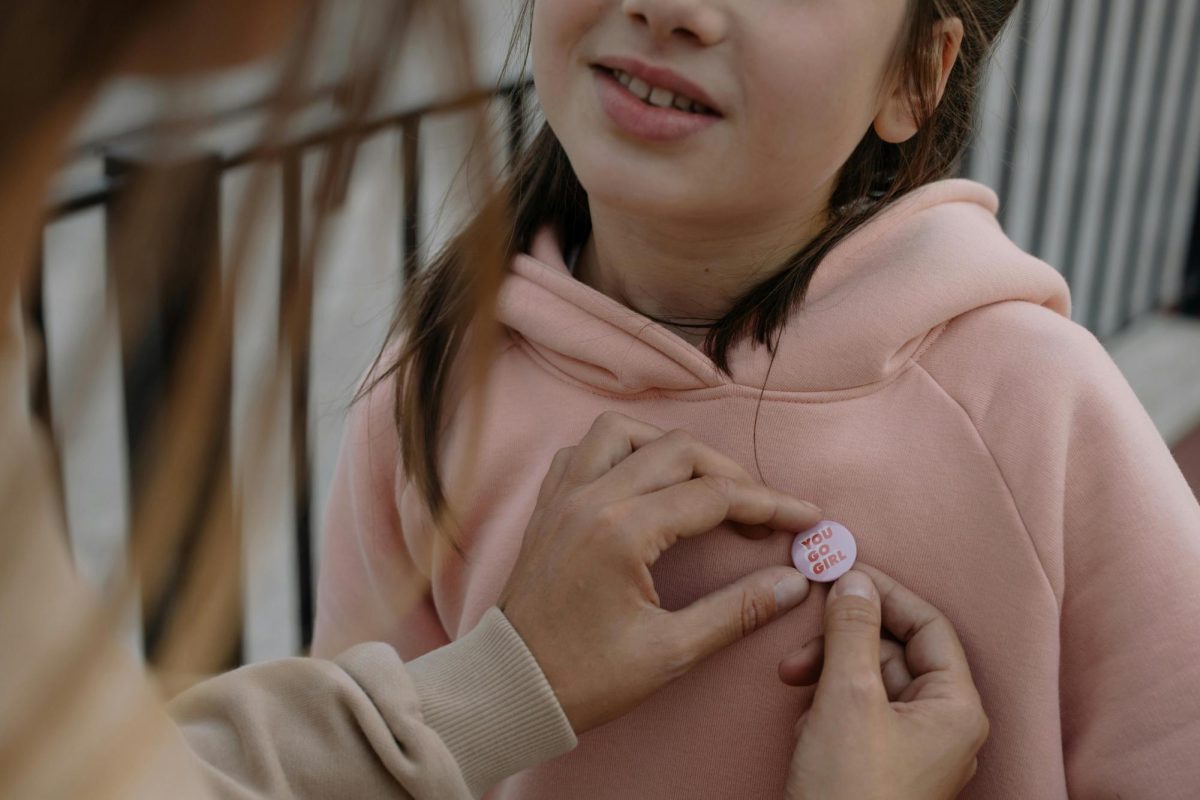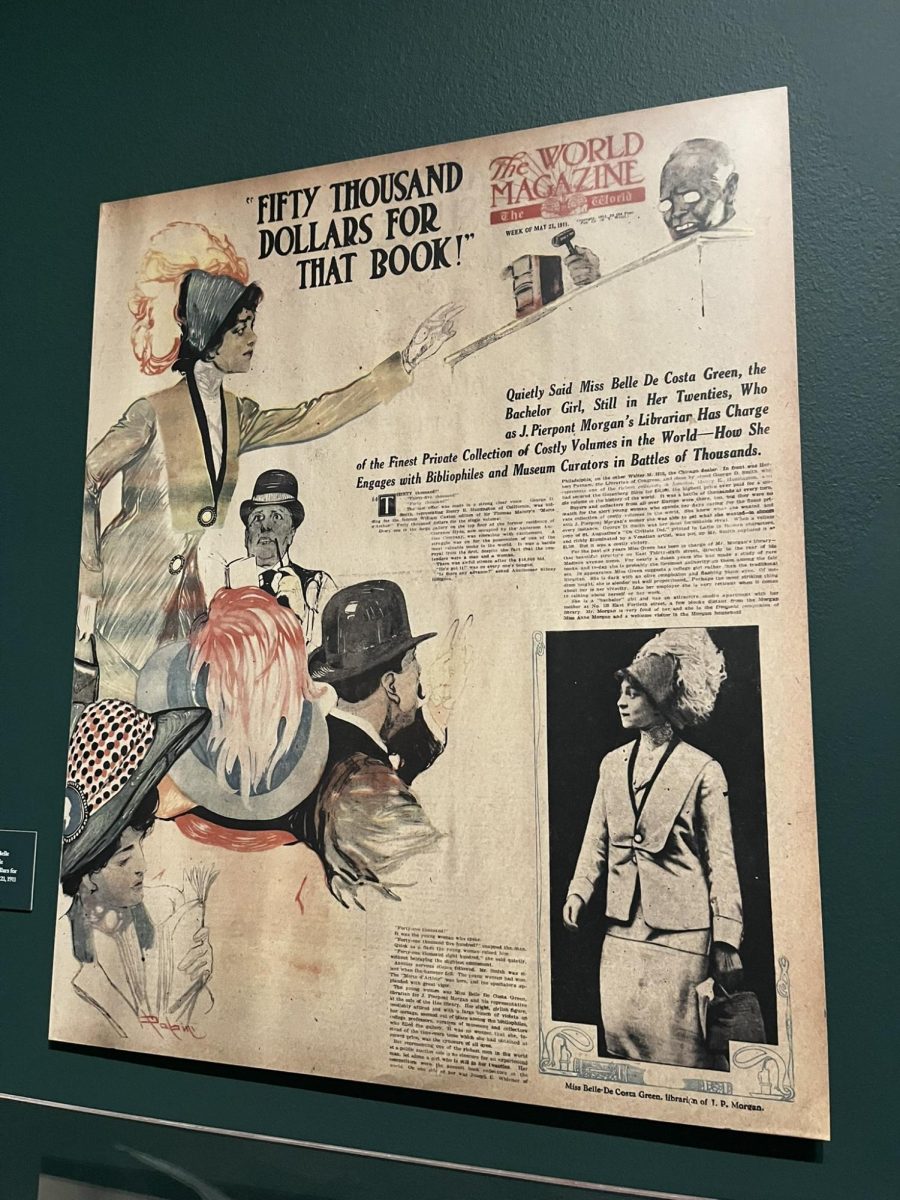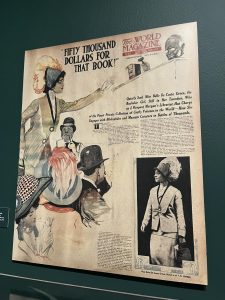“Your” Vs. “You’re”
May 30, 2023
The incorrect usage of “your” and “you’re” is extremely common nowadays, even in adults. Of course, it is hard to differentiate between the two, but it is good to know how to use them (especially in an academic setting). So, instead of costing yourself a few points on an essay or sounding unprofessional, you should learn the difference between the two! This article is going to break down the meanings and when you should use each word.
“Your” is a possessive adjective (but “yours” is a possessive noun), meaning that when addressing someone, you would use your to address the possession they have of a noun. “Your” describes what the other person possesses, making it a possessive adjective. An example of a correct sentence using “your” would be “That is your dog.” “Your” modifies the sentence to describe the possession of a noun! Now that you know how to use “your” correctly, let’s look at “you’re”…
“You’re” is a bit tricky, since it is a contraction. The full phrase would be “you are,” but it is shortened for convenience (an example of how our language evolves). “You’re” is never used to show possession, unlike “your”. So, you could not say “That is you’re dog,” because the sentence does not make grammatical sense. If you removed the contraction and made it “you are,” the sentence would be “That is you are dog.” “You’re” describes the person you are talking about, so the correct use of “you’re” would be, “You’re good at taking care of your dog.” Without the contraction, the sentence would be, “You are good at taking care of your dog,” which is grammatically correct and utilizes “your” and “you’re” in the correct way!
Grammar is a challenging subject, and many have difficulty with it. That is okay if you did not know the difference between “your” and “you’re” before this article! I hope this article is a good resource for you if you struggle with grammar, and now that you know, you can sound academically professional!





